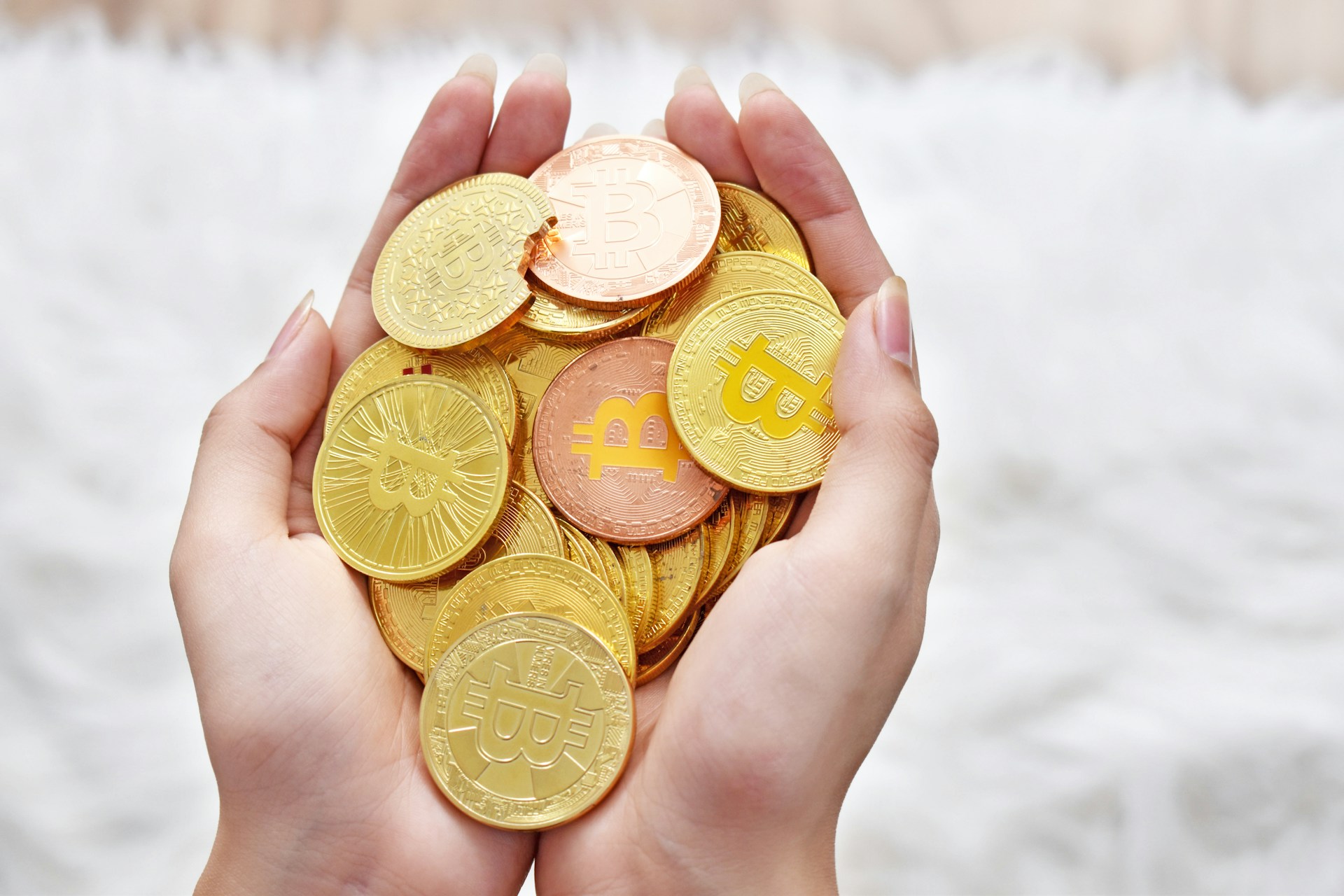
It’s been a long time now since Bitcoin first changed the world by sparking a financial revolution. More than a decade on, cryptocurrencies are now an almost ordinary part of modern-day commerce, more widely accepted than ever, and have new offerings entering the market every day.
Run on blockchain technology, cryptocurrency’s entire existence is premised on its ability to provide fast and secure transactions that are beyond the reach of a central authority. By providing immutable records of transactions, cryptocurrency’s main appeal comes from its ability to work as it should without slowing down or failing in any other crucial way. Speed is therefore vitally important to the entire concept.
Why Speed Matters
To take one example, according to Chase Morris, the fastest payout online casinos all accept crypto as payment and payout methods. To ensure payments within minutes, the fastest payout sites require processes that can be transferred and verified almost instantaneously. For that reason, all the traits that make cryptocurrency a better choice than fiat money — like its relative infallibility and ability to provide transactions that are private and secure have made it a popular choice for online casinos.
Whatever your taste in online gambling, whether it’s the thrill of slots or the guile required for crypto poker, speed matters when cryptocurrencies are used to process multiple transactions. One of the key metrics used to assess how fast a cryptocurrency can process is Transactions Per Second (TPS), which is a great indication of how fast and how many transactions a blockchain can handle.
Over time, the problems of keeping the essential features of a cryptocurrency versus the need for speed led to solutions for added scalability and increases in transaction speed and throughput. All this has added up to a wide-ranging competitive array of cryptocurrencies that all have varying qualities that give them individual perks. Meanwhile, speed remains one of the most important factors when considering a cryptocurrency. In light of this, here are the five fastest cryptocurrencies to use in 2024.
Solana (SOL)
Solana was introduced to the world with the aspiration of solving the scalability problem endemic to blockchain technology. In the process of meeting that goal, it developed a unique process called Proof of History (PoH) and used it with a Proof of Stake (PoS) consensus vehicle.
The PoH system works like a cryptographic clock that timestamps every transaction on the blockchain. This helps reduce verification times. The PoS system uses ‘stakers’ who verify transactions and add them to the blockchain. Between them, these protocols result in speeds of 65,000 TPS, which makes Solana one of the fastest blockchains in existence. A truly remarkable achievement, even Visa struggles to get close to even half of Solana’s TPS. Solana’s speed and scalability have also paved the way for the emergence of leading Solana meme coins, which leverage its robust infrastructure for innovative and community-driven projects.
A truly remarkable achievement, even Visa struggles to get close to even half of Solana’s TPS. Even though major cryptos like Bitcoin and Ether may be more famous and valuable, Solana’s blockchain platform is miles ahead in terms of speed. This makes Solana very popular for the execution of smart contracts. With greater throughput and scalability and programming architecture that makes it highly parallelizable (multi-processing), Solana is one of the most dynamic cryptos out there.
Ripple (XRP)
Ripple is a digital payment protocol that was designed for almost instantaneous, cheap transactions across borders. In order to facilitate these transactions, Ripple utilizes its own cryptocurrency known as XRP. In order to achieve all its goals with Ripple, XRP, in turn, is noted for its extremely fast transaction speed, which utilizes other fiat currencies and their current values as a means of doi g so.

In what is considered quite spectacular for a cryptocurrency, XRP’s ledger can reportedly verify transactions in 3 to 5 seconds. To put that into perspective, some cryptocurrencies can take minutes, hours, or even days to settle their transactions. XRP’s superior speed is a result of its unique consensus algorithm which enables it to process transactions in real time.
EOS
Designed for a fast and scalable digital architecture, EOS is a blockchain technology that was created in 2018. One of its core uses are the creation and use of decentralized apps (dApps). Noted for its transaction speed, EOS has a peak transaction speed of 4,000 TPS.
With that kind of capability, coupled with a delegated proof-of-stake (DPoS) consensus algorithm, EOS has become one of the most scalable blockchain platforms around at the moment. Working on a system that incentivizes block producers to act in the best interests of the network to earn rewards, this system enables fast and reliable processing that is able to maintain its speed even at high volumes.
NEO
Another smart contract platform, NEO, was once known as Antshares. Built to facilitate and enable the creation of smart contracts and digital assets, NEO works at a rate of 15 TPS. Compared to platforms like EOS, NEO’s speed is very slow. However, it should be kept in mind that it’s still a lot faster than many other major cryptocurrencies, even Bitcoin itself.
Also utilizing a consensus algorithm, it also uses a delegated Byzantine, Fault Tolerance (dBFT) consensus algorithm. Together, this gives NEO the capability for fast transaction rates and a very high transaction throughput. Another way that NEO sets itself apart is through its use of digital identities for quick and accurate verification processes.
While it may not be anything close to being as fast as EOS or Ripple, NEO’s hybrid infrastructure makes it a popular choice among dApp developers. A network that is a lot more secure and less congested than others, its digital IDs add more reliability to the verification process.
Cardano (ADA)
Cardano is a now famous blockchain technology that was started back in 2017. Founded by Charles Hoskinson, one of the co-founders of Ethereum, Cardano has a processing speed of 1,000 TPS. Using a consensus algorithm known as an Outoboros, it also follows a Proof-of-Stake process that results in quicker processing speed and a higher throughput rate.
In addition to its great speed, Cardano is popular for its low fees. Also using a Hydra Level 2 scalability solution, throughput is further augmented in a manner that allows multi-processing. All of these traits make Cardano one of the most sought-after cryptos among small businesses and networks that need both speed and cost-effectiveness.
Conclusion
Cryptocurrencies have continued proliferating, with thousands more in active circulation today. Through the continuous evolution and growth in the blockchain technology that drives them, crypto processing speeds and transaction speeds have continued to get better as the scalability issue has been addressed through protocols like Proof of History (PoH), Proof of Stake (PoS), and others.

Networks like Solana have continued to make the breakthroughs required to keep pushing crypto speeds to greater heights. Given how widely accepted cryptocurrencies are these days, and the wide variety of transactions they’re utilized for, speed has become more important than ever. With new networks and advancements in blockchain technologies happening all the time, it’s inevitable that the future will see even faster cryptos out there soon.






